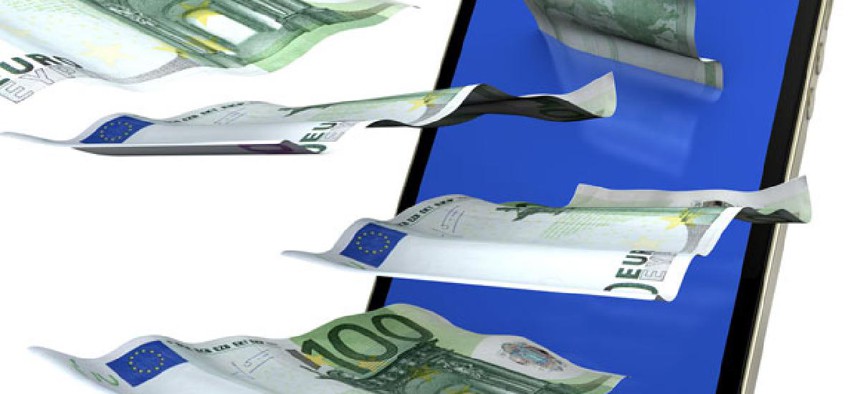The world's largest payment platform can reach 2 billion people

style-photography.de/Shutterstock.com
So why haven't you heard of it?
When Jana co-founder Nathan Eagle needed to connect to a cell carrier in the developing world, he'd come to meetings with a duffel bag full of cash and say that he wanted to buy airtime. For carriers who were taking on more customers than ever, but struggling with declining revenue per user, it was an irresistible sales pitch. The result, two years later, is that Jana is now the largest payment platform in the world.
Eagle describes Jana as an "opt-in mobile network" that pays users to fill out consumer surveys and try products. The company has access to 100% of the users on 237 cell carriers in 101 countries throughout Asia, Africa and Latin America.
By 2004, there were more mobile subscribers in the developing world than in developed countries, and the gap has been widening ever since. In 2012, Jana estimates that of the 6.5 billion mobile subscriptions on Earth, 5 billion are in emerging markets. The World Bank estimates that 75% of the people on Earth have access to a mobile phone. According to the McKinsey Quarterly, three billion people are projected to move into the middle class in the next twenty-five years. Right now their mobile devices are in some respects the most direct way to reach them.
Eagle comes from an academic background--he has appointments at Harvard and MIT and once more than a year as a Fulbright professor in Kenya--and his roots lie in using technology for development and social good. Jana was born, in part, of Eagle's success in setting up a network in rural villages in Kenya for nurses to text in status reports on supplies of hospital blood banks.
Jana's network, which is connected directly to the computer systems used by mobile carriers around the world, doesn't send actual money; instead, it gives mobile-phone credit. In emerging markets, where, according to Eagle, the average user spends 8%-12% of his or her income on prepaid mobile service, that's almost as good as cash.
(Image via style-photography.de/Shutterstock.com)





